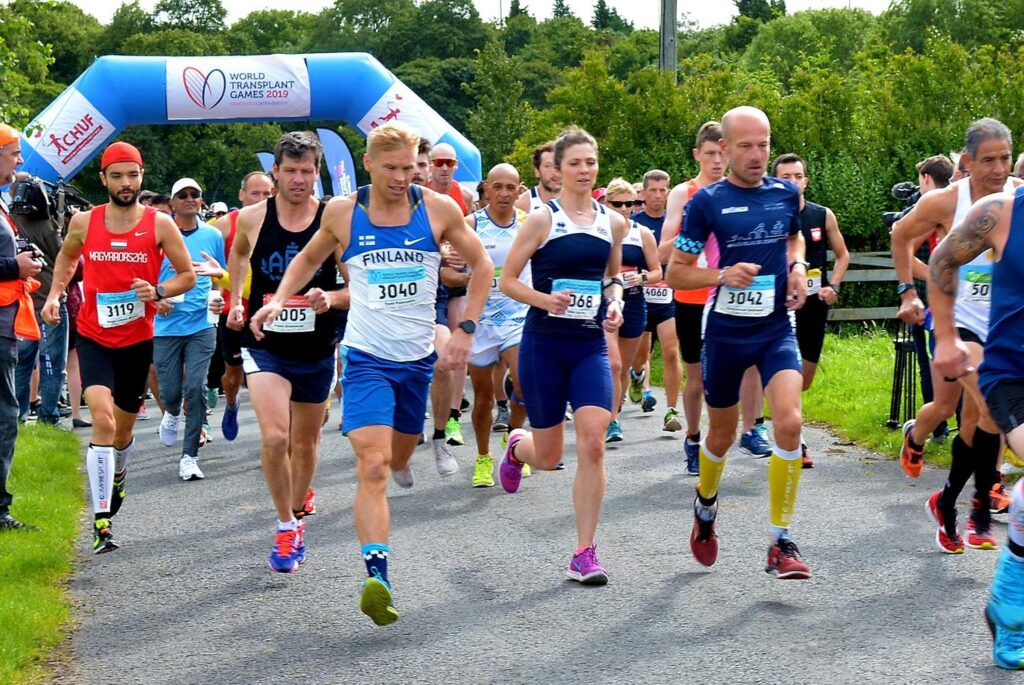Coach Kirwa has attributed the underwhelming performance of Kenya’s male athletes at the Tokyo Olympics to their extensive involvement in road running events. Speaking exclusively to the Daily Nation, the renowned coach highlighted how the grueling demands of road races have taken a toll on the runners’ form and fitness, ultimately impacting their ability to compete at the highest level during the Games. This candid assessment sheds new light on the challenges facing Kenya’s traditionally dominant men’s track team on the global stage.
Road Running Regimen Undermined Men’s Performance in Tokyo Analysis by Coach Kirwa
Coach Kirwa has pointed to the road running regimen as a critical factor that compromised the performance of Kenyan men at the Tokyo Olympics. According to Kirwa, the intense focus on road races, which typically feature longer distances and less tactical variability, left athletes ill-prepared for the rigorous demands of track events. He emphasized that the repetitive nature of long-distance road training fails to develop the explosive speed and strategic adaptability crucial in Olympic track races, leading to suboptimal results on the global stage.
In breaking down the training patterns, Kirwa highlighted key issues affecting athletes’ readiness:
- Monotonous endurance training over speed and interval drills
- Insufficient exposure to tactical racing scenarios
- Overemphasis on road running competitions at the expense of track-specific preparations
These factors collectively diminished the sharpness required for podium finishes. The following table compares the primary focus areas in training between road runners and track athletes as outlined by Kirwa:
| Training Aspect | Road Running Focus | Track Running Focus |
|---|---|---|
| Distance | 20-42 km | 5-10 km |
| Speed Work | Limited | High emphasis |
| Tactical Sessions | Minimal | Regular |
| Competition Type | Marathons, Half Marathons | Track heats, Worlds, Olympics |
Technical Flaws and Training Gaps Identified as Key Factors in Athletes’ Tokyo Struggles
Coach Kirwa pinpointed key technical shortcomings that hindered the athletes’ performance, particularly emphasizing a lack of efficient pacing strategy and suboptimal running form. These deficiencies, he noted, were compounded by deficiencies in the training regimen that failed to simulate the unique demands of the Tokyo course. The transition from track to road running has presented unexpected challenges for the athletes, who struggled to adapt to the varying terrain and climate conditions. Kirwa highlighted that insufficient focus on endurance-building and recovery protocols also contributed significantly to the overall underperformance.
The training gaps revealed by the Tokyo outcomes underscore the urgent need to overhaul preparation methods. Key areas identified include:
- Inadequate altitude training to build stamina
- Limited exposure to road running environments prior to competition
- Poor biomechanical analysis leading to inefficient strides
Below is a comparison of the training focus percentages between the Tokyo preparation cycle and global gold-standard programs:
| Training Component | Tokyo Prep (%) | Global Best Practice (%) |
|---|---|---|
| Endurance Runs | 35 | 50 |
| Speed Work | 30 | 25 |
| Strength & Conditioning | 15 | 15 |
| Technical Drills | 10 | 7 |
| Recovery & Mobility | 10 | 3 |
Coach Kirwa Advocates for Enhanced Track Workouts and Recovery Protocols to Boost Future Results
Coach Kirwa emphasizes the critical need to shift from excessive road running to more structured track workouts, arguing that this adjustment is essential for revitalizing the men’s long-distance running squad. According to Kirwa, the overreliance on road sessions has hampered athletes’ speed development and tactical sharpness, which are crucial for competitive track events. He advocates for introducing specialized interval training, hurdle drills, and speed endurance routines that have been sidelined in recent years.
Recovery, Kirwa notes, is equally pivotal in ensuring athletes deliver peak performances consistently. He recommends implementing comprehensive recovery protocols, including:
- Active recovery sessions focusing on low-impact exercises
- Regular physiotherapy and muscle treatment
- Optimized nutrition plans tailored for endurance athletes
- Sleep hygiene programs to enhance restoration
| Workout Focus | Key Benefit | Recommended Frequency | ||||||||
|---|---|---|---|---|---|---|---|---|---|---|
| Interval Track Sessions | Builds speed & race tactics | 3 times weekly | ||||||||
| Active Recovery | Enhances muscle repair | Daily post-workout | ||||||||
| Physiotherapy | Prevents injury |
| Workout Focus | Key Benefit | Recommended Frequency |
|---|---|---|
| Interval Track Sessions | Builds speed & race tactics | 3 times weekly |
| Active Recovery | Enhances muscle repair | Daily post-workout |

